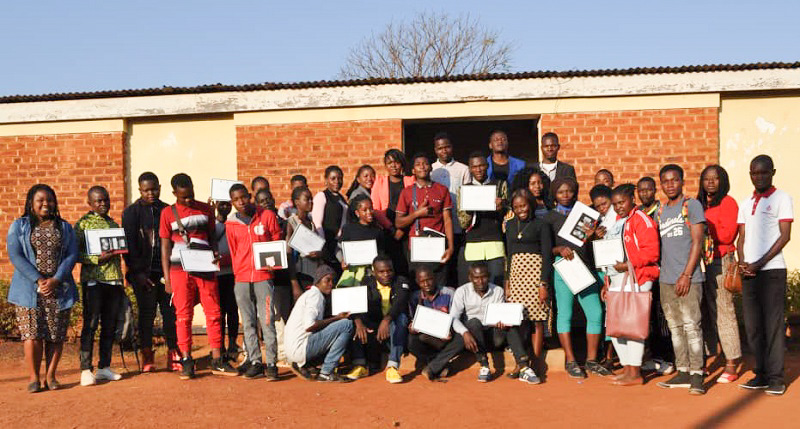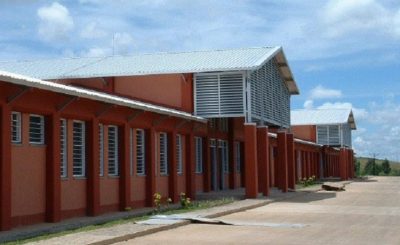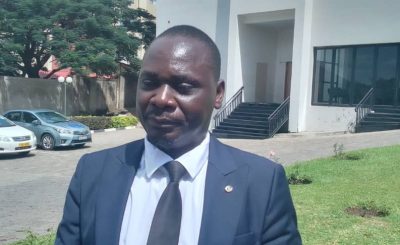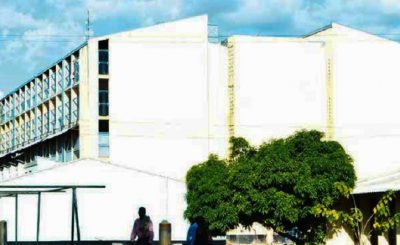Youth Net and Counselling (YONECO) has trained 30 peer mobilisers to reach out to young people in selected health facilities in Lilongwe with relevant information on Sexual and Reproductive Health (SRH).
The training was part of a commencement of a two-and-a-half year project, which is being implemented in partnership with One to One Children`s Fund and is targeting communities surrounding Area 18, Bwaila and Tsabango Health Facilities under the Lilongwe District Health Office.
In an interview with YFM Online, one of the participants of the training Temwa Phiri from Area 18 Youth Friendly Health Service said skills and information attained throughout the training will assist her in conveying relevant message to fellow youth.
“I have been equipped with a lot of knowledge to do with Sexual Reproductive Health which will help me to communicate with my fellow youth in the community on issues to do with Sexual Reproductive Health, drug and substance abuse,” said Temwa.
Temwa added that the training has been fruitful because the information shared through has been an eye opener to her as a young person.
“The information that I will share with the intended young people will reduce a number of unwanted teenage pregnancies in the community on part of girls, and that will boost productivity in the country,” added Temwa.
On her part, Program Manager for YONECO Wezzie Mtonga Kamphale said the training was aimed at creating an opportunity among young people to be in the clinics in order to provide health services to fellow youth.
“The objective of the training was to equip the peer mobilisers with skills and information on how they are going to mobilise their peers to access Sexual Reproductive Health information and also how they can refer them to the clinic for different services,” Kamphale said.
The 30 participants have been awarded certificates of recognition and attendance having accomplished the 5 day training.
According to YONECO, lack of youth friendly approach in accessing Sexual Reproductive Health Services is one of the constraints restricting young people to access health services in most parts of the country.





